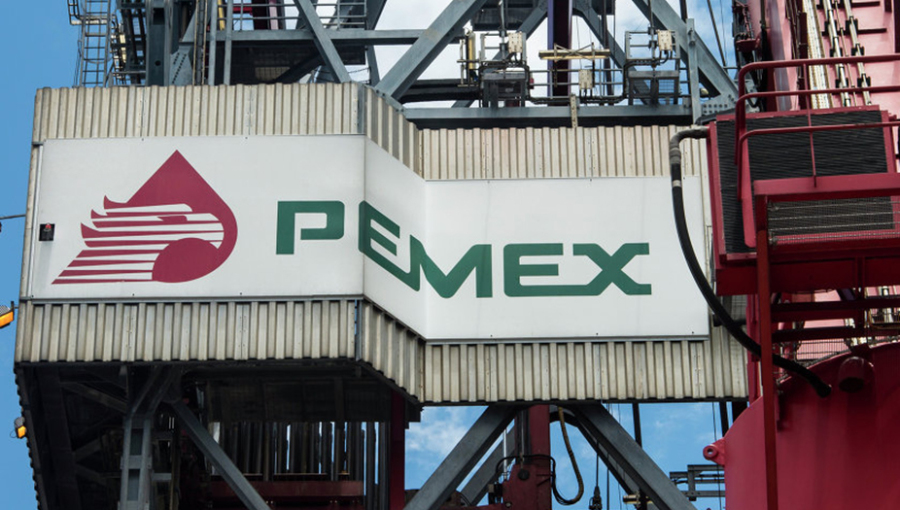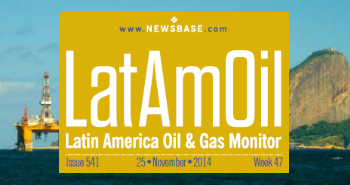API blasts AMLO for amending oil and power laws

Mexican President Andres Manuel Lopez Obrador has come under fire from an influential US industry association for his efforts to ensure that state-owned companies continue to dominate the domestic energy sector.
In a letter sent to several high-ranking US officials, the American Petroleum Institute (API) criticised the Mexican government’s policy of giving preference to public-sector organisations such as Pemex, the national oil company (NOC), and the Federal Electricity Commission (CFE). This policy has become part of Mexico’s legal regime following the presidential administration’s successes in amending the Power Industry Law and the Hydrocarbons Law last month, it noted.
The API argued in its letter – which was sent to Secretary of State Antony Blinken, Secretary of Energy Jennifer Granholm, Secretary of Commerce Gina Raimondo and US Trade Representative Katherine Tai – that the amendments to these laws were causing investors to lose confidence in Mexico. It also alleged that Mexico City’s actions contravened the US-Mexico-Canada Agreement (USMCA), which took effect last year, replacing the North American Free Trade Agreement (NAFTA).
“The common denominator of both laws is to hinder new private investment in the energy sector as well as destroy the value of already operating private assets in violation of Mexico’s commitments under USMCA,” the group’s CEO, Mike Sommers, wrote. He requested that Tai address these matters at an upcoming meeting with Mexican Economy Minister Tatiana Clouthier, saying that “these violations” of the trade deal ought to be a top priority.
Sommers also drew attention to the obstacles that US companies faced in Mexico with respect to obtaining permits. For example, Mexico’s Energy Regulatory Commission (CRE) often “prolongs administrative processes for permits to transfer legal ownership that are by regulation required to be granted within 90 days,” he said. “Moreover, CRE also requests additional information to issue the permits that is not required in the regulations, until the point of denying such permits to the companies, after several delays.”
Likewise, he wrote, the Consumer Protection Bureau, known as PROFECO, often enforces regulations in an idiosyncratic fashion. For example, he said, PROFECO typically exempts Pemex’s downstream units from compliance with emissions standards upon request, while insisting that US-based filling station operators (some of which are members of API) meet every requirement.
These bureaucratic actions may also violate the provisions of USMCA, he added.
As of press time, the Mexican government had not responded publicly to the API’s letter. Mexico City has yet to begin enforcing the amendments referenced in that document, as they face legal challenges. The country’s Supreme Court is examining the new laws to determine whether they are in line with the Mexican constitution, and on May 7 it granted a provisional suspension of the amendment to the Hydrocarbons Law. It took this step in response to the filing of a lawsuit by five privately owned oil companies working in Mexico’s oil and gas sector.



Follow us online